Traveling is usually an exciting time as people take on new adventures and discover new places. But, as travel becomes increasingly accessible, there are many hidden costs that can sneak up on you and put a damper on your vacation plans. To help you avoid those financial pitfalls, we look at 20 hidden costs of traveling that could ruin your vacation:
Baggage Fees

In 2024, airlines are still finding new ways to charge for luggage. While most travelers are aware of fees for checked baggage, even carry-on bags may incur a fee depending on the airline. And, if your bags are overweight or exceed size limits, you can expect to pay hefty extra charges.
Resort Fees

Many hotels and resorts add a mandatory “resort fee” on top of your room rate, which can range from $20 to $50 per night or more. These fees are supposed to cover amenities like Wi-Fi, gym access and pool use—but they can be an unwelcome surprise on your final bill.
Dynamic Pricing for Flights

The rise of AI-based dynamic pricing means the cost of your flight could change dramatically based on demand, search patterns and your browsing history. A ticket you saw for $300 one day could spike to $500 the next. Monitoring prices closely and booking early can help avoid this hidden cost.
Foreign Transaction Fees

If you’re traveling internationally and using your credit card, you may be hit with foreign transaction fees, typically around 3%. These fees can accumulate over the course of your trip, particularly if you use your card frequently.
Currency Exchange Markups

When exchanging money, either at home or abroad, the exchange rate offered may not be in your favor. Currency exchange services often add hidden markups and airport kiosks usually have the worst rates, leaving you with less money than you anticipated.
Hotel Parking Fees
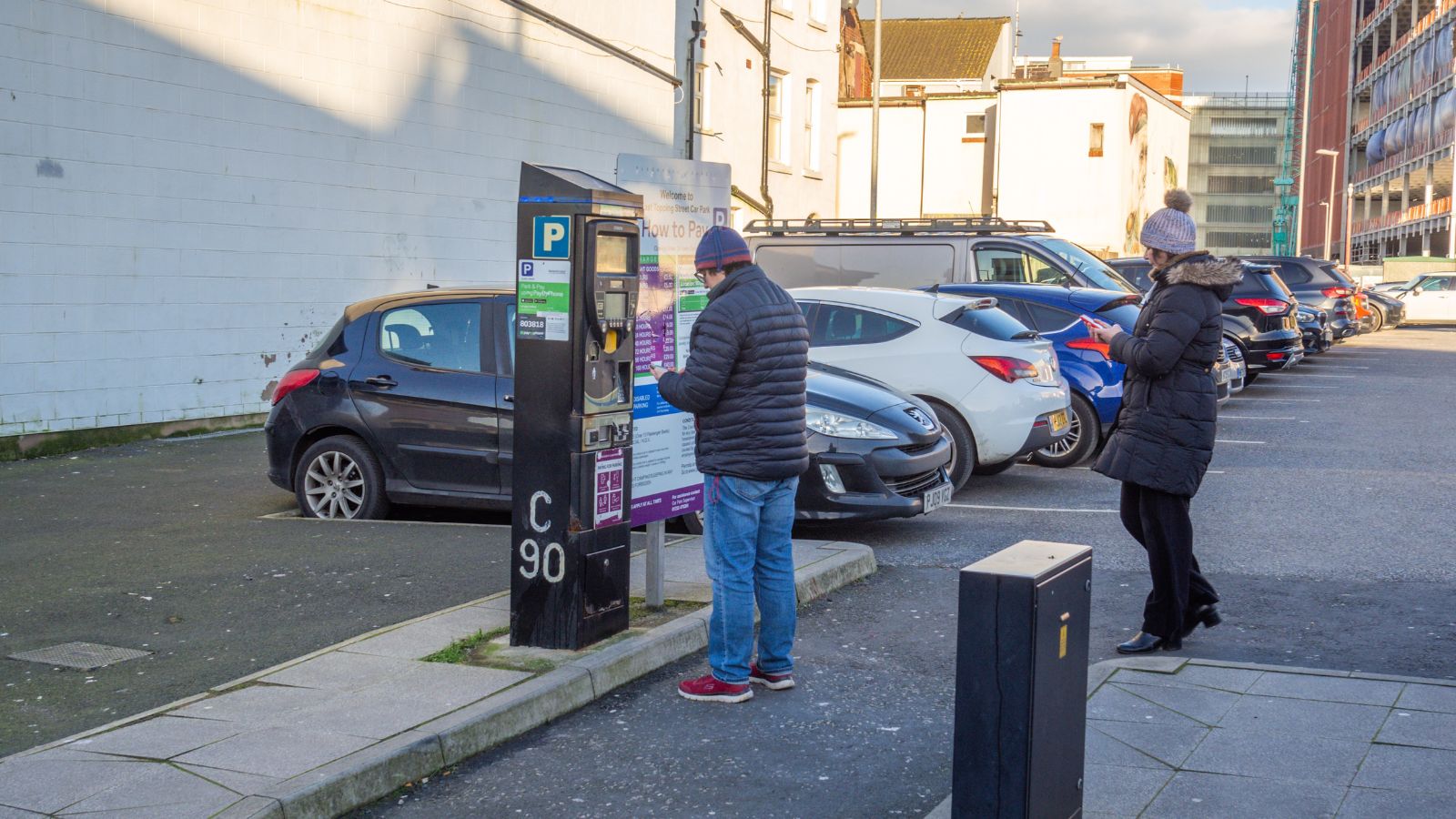
If you’re driving or renting a car, parking fees at hotels can be a significant hidden cost. Many urban hotels charge upwards of $30 to $50 per day for parking, which can quickly inflate your overall accommodation expenses.
Tourist Taxes
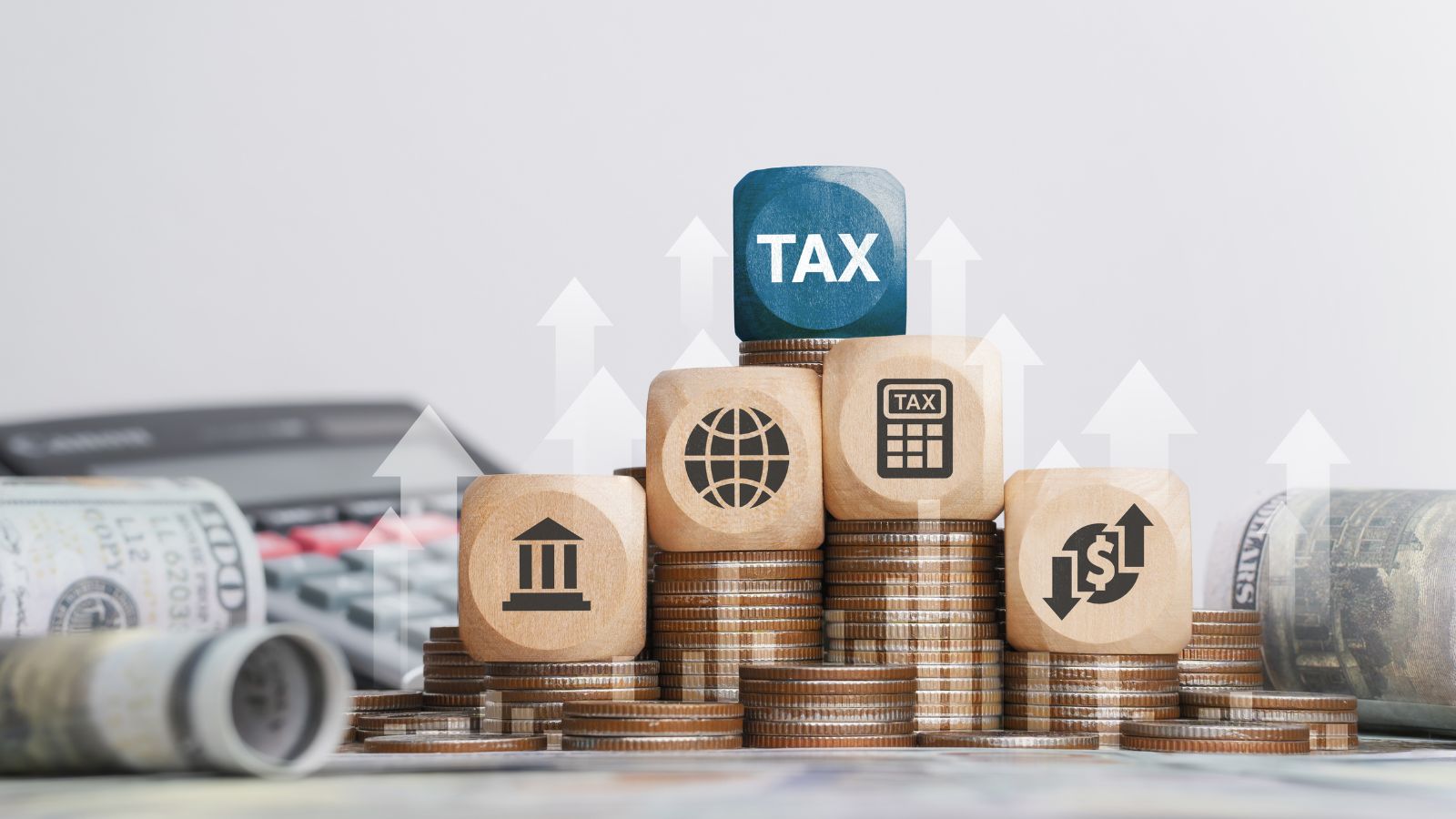
Many popular travel destinations have implemented tourist taxes to help fund infrastructure and maintenance. While these fees are usually small, they can add up over the course of a long trip, especially in destinations that charge per person, per night.
Local Transportation Costs

Public transportation, rideshares and taxis can all contribute to unexpected costs. In some cities, transportation is cheap, but in others, especially tourist-heavy destinations, these expenses can add up quickly, particularly if you’re not familiar with the most efficient routes.
Unexpected Health Costs
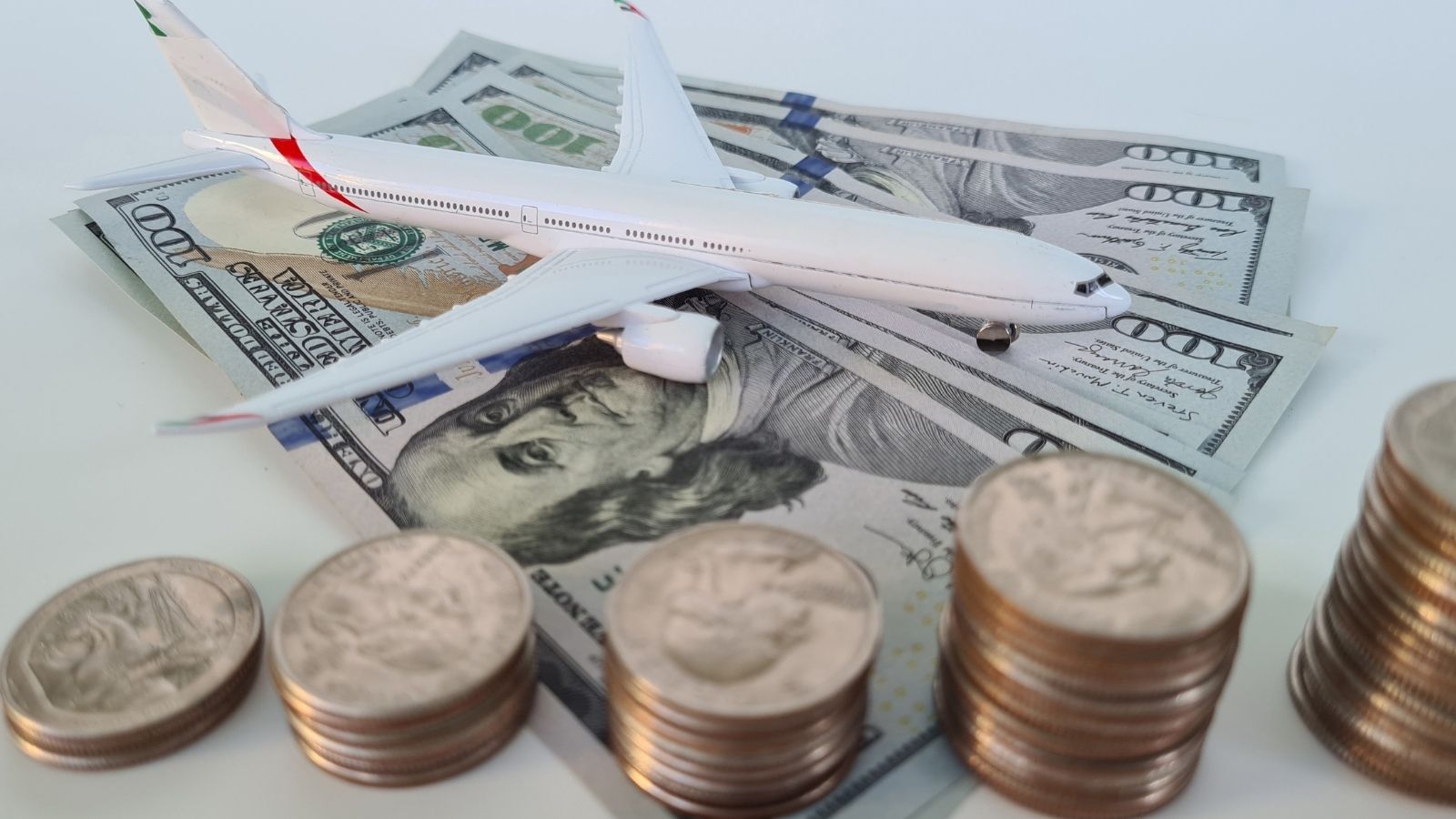
Travel insurance is crucial, but many people forget to budget for small health-related expenses that insurance doesn’t cover. Over-the-counter medications, visits to foreign clinics, or even prescription refills can all come with a hefty price tag while abroad.
Airline Seat Selection Fees
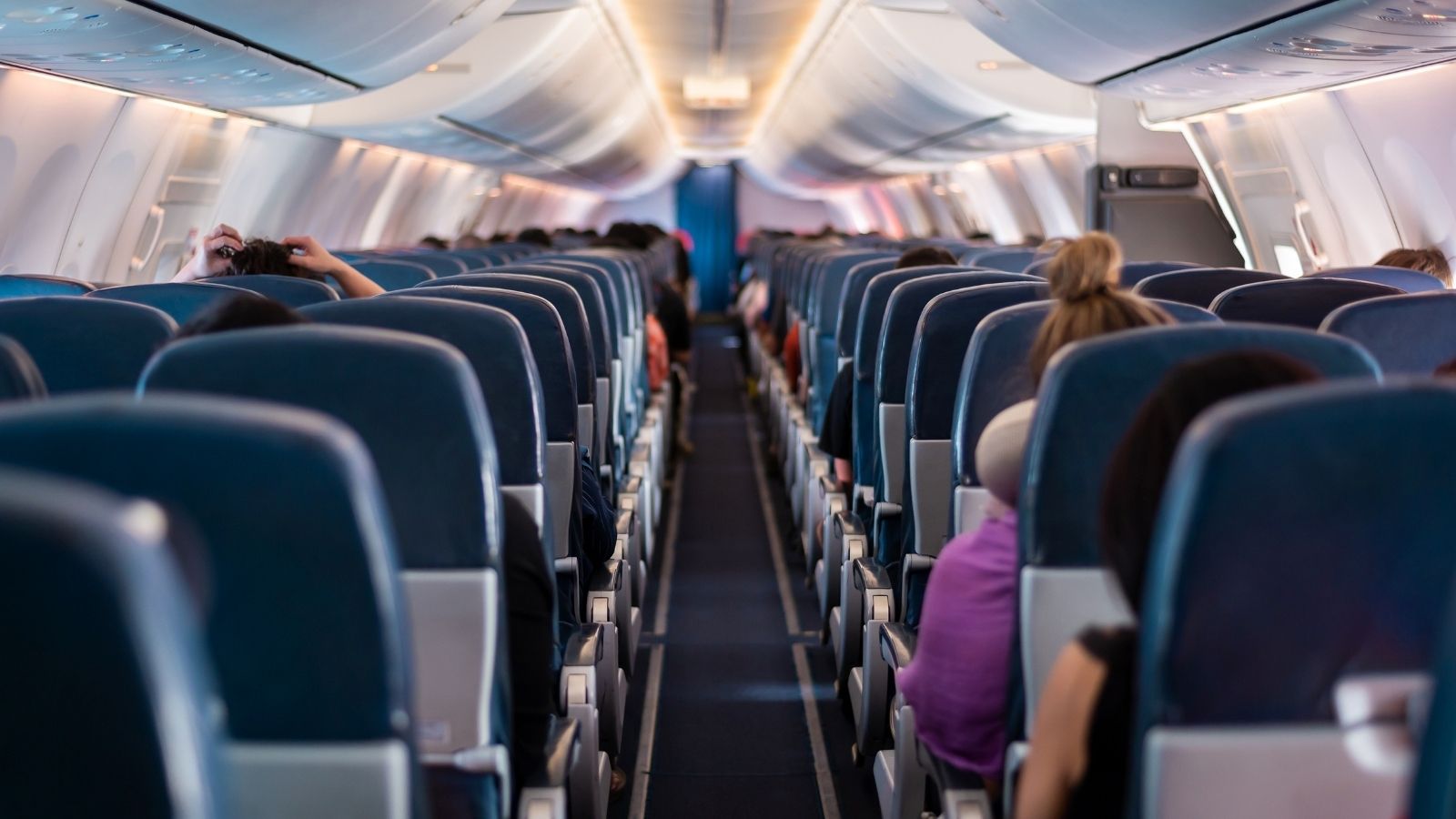
Want to sit by the window or ensure you’re sitting next to your travel companion? Many airlines now charge for seat selection, even on basic economy flights. The cost of choosing your seat can range from $10 to $50 per flight, depending on the airline and seating preference.
In-Flight Meals and Beverages

Gone are the days of free in-flight meals on most domestic flights. If you’re not bringing your own snacks, be prepared to pay for overpriced meals, drinks and snacks during your flight, especially on long journeys.
Wi-Fi Charges

While Wi-Fi is a must for most travelers, free access isn’t guaranteed. Many airlines, hotels and even resorts charge for internet use, sometimes at shockingly high rates. Be sure to ask about Wi-Fi fees beforehand, especially if you plan to stay connected during your trip.
Hotel Room Extras

That mini-bar in your hotel room might look tempting, but using it can result in sky-high charges. Even simple conveniences like bottled water, snacks, or using the in-room safe can come with unexpected fees. Always check the fine print to avoid a shock when you check out.
Travel Insurance Gaps

While buying travel insurance is a smart move, it doesn’t always cover everything. You may be surprised to find that your policy doesn’t include coverage for adventure activities, cancellations due to government restrictions, or certain medical expenses. Make sure you know what’s included before you purchase.
International SIM Cards and Data Roaming
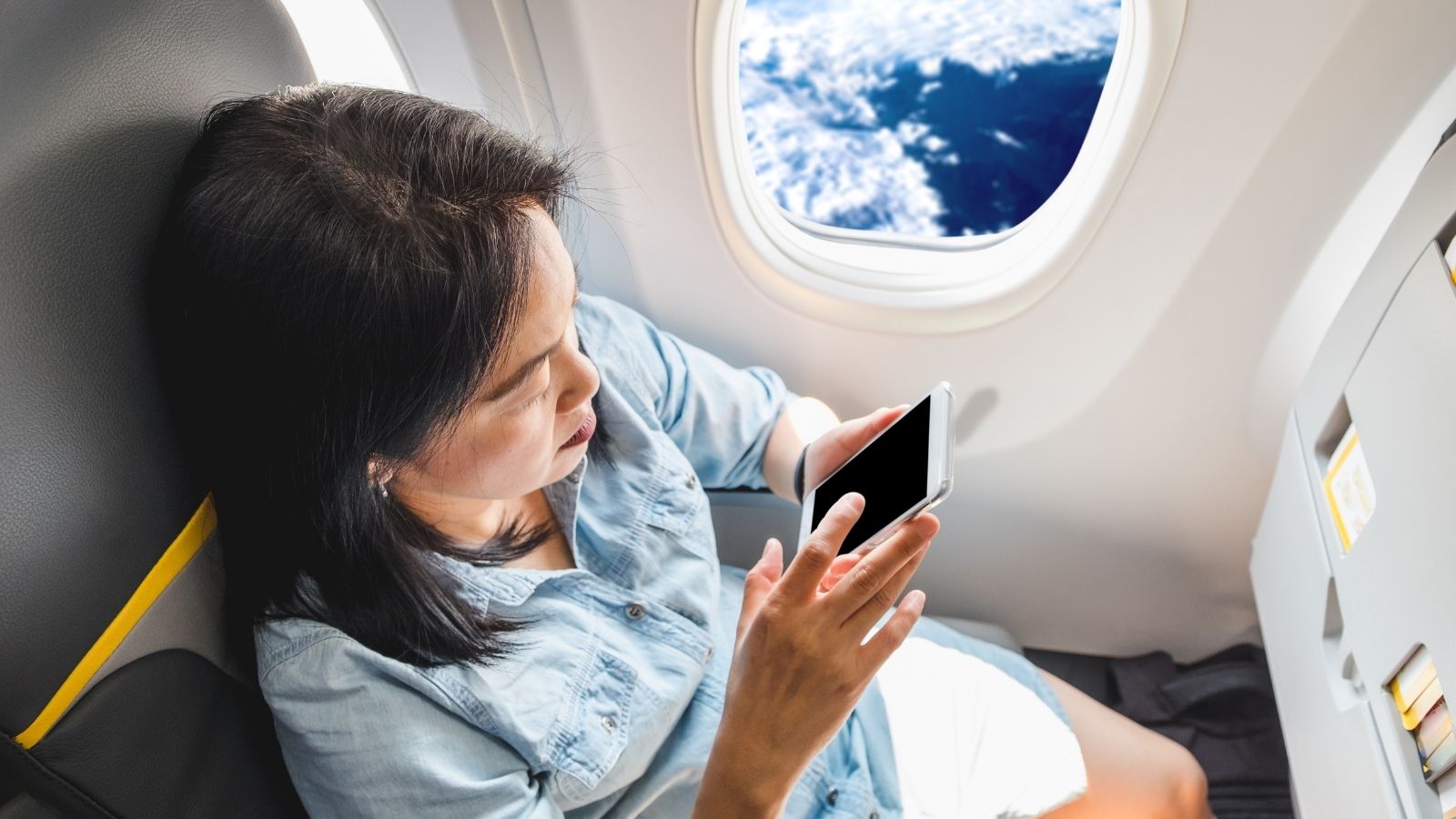
Using your phone abroad can be a hidden financial trap. If you don’t arrange for an international SIM card or data plan, roaming fees can accumulate quickly. Even a quick check of emails or navigation on your phone can lead to a steep bill.
Tipping Confusion

Tipping customs vary widely depending on where you travel and confusion around tipping norms can lead to overpaying. In the U.S., tips are often expected on top of service charges, while in some countries, tipping isn’t necessary at all. Be sure to research tipping expectations beforehand to avoid unnecessary costs.
Peak Season Premiums

Traveling during peak season can lead to skyrocketing costs for everything from flights to accommodations. Destinations popular in summer, winter holidays, or special events see massive price surges, often turning what could be an affordable trip into a financial burden.
ATM Fees Abroad

Withdrawing money from foreign ATMs can incur hefty fees from both your home bank and the ATM itself. Some banks charge up to $5 per withdrawal and foreign ATMs often impose additional fees, which can chip away at your travel funds.
Souvenirs and Unexpected Shopping

While shopping for souvenirs may seem harmless, it can quickly spiral into an unexpected cost, especially in tourist areas where prices are inflated. If you’re not mindful, you could end up spending more on impulse purchases than you planned.
Visa and Entry Fees

Many countries require tourists to obtain a visa or pay an entry fee, which can vary depending on your nationality and the destination. Some countries charge these fees upon arrival, while others require them to be arranged in advance. Additionally, certain travel destinations may now include “tourist eco-fees” or “sustainability taxes” to help protect their environment.
18 Reasons Why People Are Leaving Florida in Masses

Exploring factors that impact the desirability of living in Florida, this list delves into various challenges shaping residents’ experiences. From environmental concerns like rising sea levels to economic factors such as fluctuating job markets, these issues collectively contribute to a nuanced understanding of the state’s appeal.
18 Reasons Why People Are Leaving Florida in Masses
